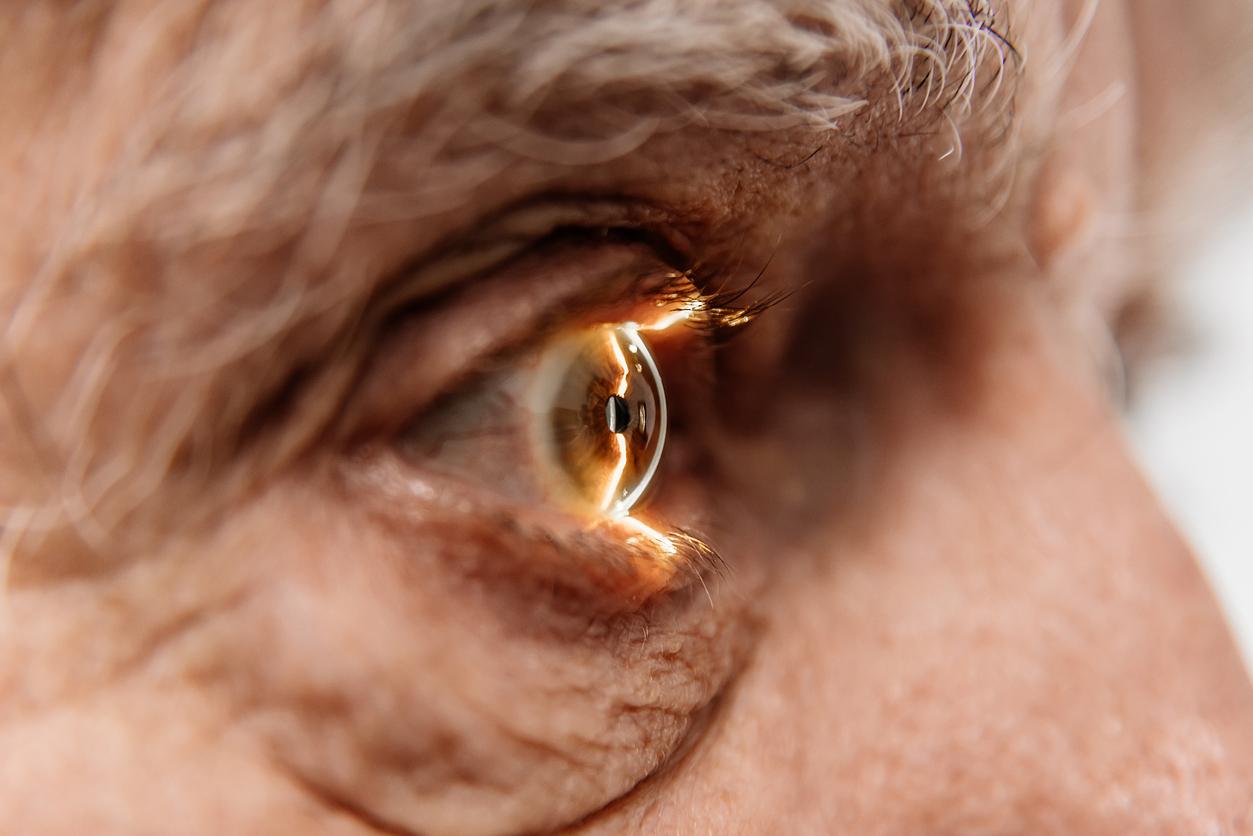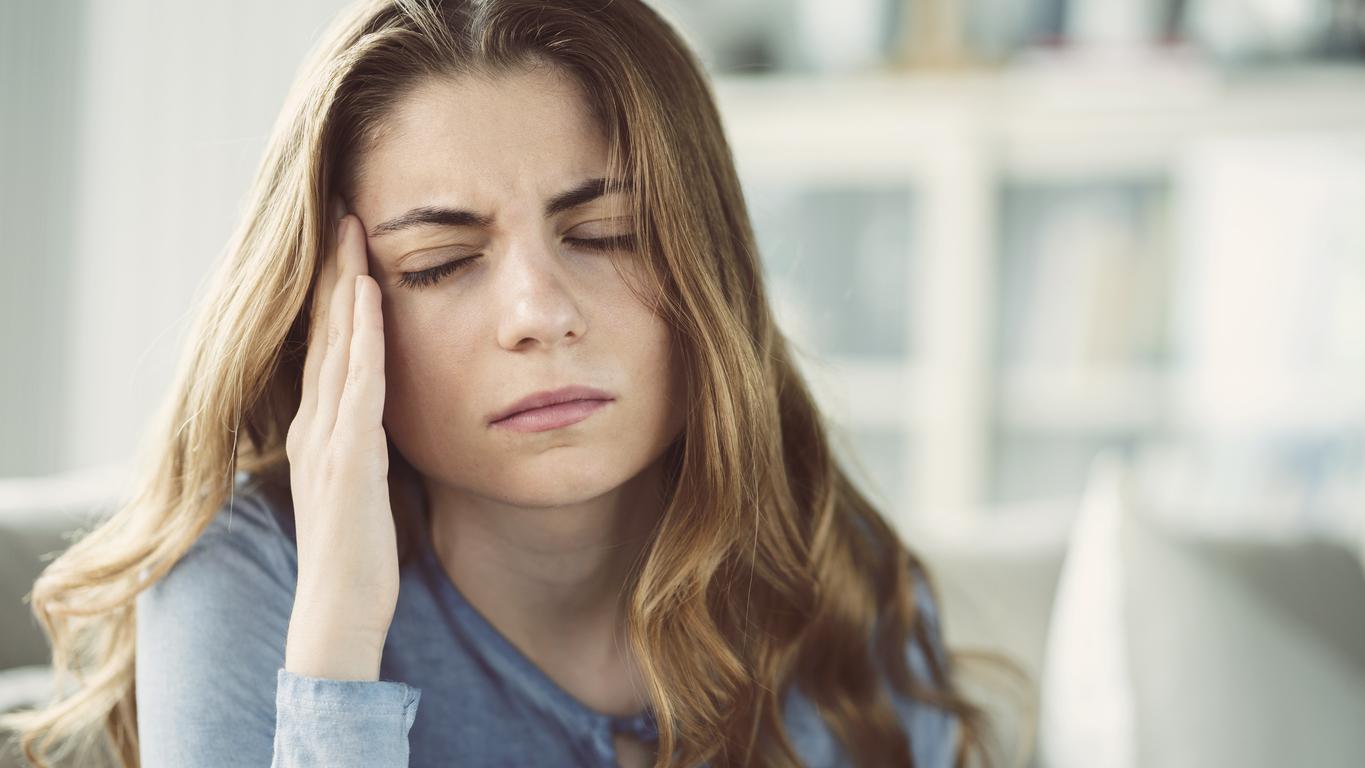Do you feel more generous after you ovulate? According to researchers from the Heinrich Heine University of Düsseldorf in Germany, women are more likely to give gifts to their friends or partners during the second half of their menstrual cycle.
According to a study published in June 2022 in the journal Psychoneuroendocrinologywomen would be more likely to give gifts to their friends or partners during the second half of their menstrual cycles. The reason ? The researchers found that a increased progesterone and decreased estradiol could lead to more generous behavior. This combination occurs mostly during the luteal phase of the cycle, that is, between ovulation and the potential arrival of pregnancy or menstruation.
The study involved 129 healthy women between the ages of 18 and 36, with regular cycles and not using hormonal contraceptives. They had to make a series of choices between a selfish option, either choosing a monetary reward for themselves, or a generous option, reducing the rewards for themselves and sharing them equally with others. At the same time, saliva samples were taken from each of the women and tested for hormone levels.
Strengthening relationships to monitor during a potential pregnancy
Women would become more prosocial and generous during this phase, in particular because they would seek to strengthen their social networkwho could monitor them during their potential pregnancy.
The increase in progesterone would stimulate the “proactive and unsolicited prosocial behavior, help, support and protection“, says the study. “At increased progesterone levels and decreased estradiol levels, participants tended to be more generous towards socially close people“, concluded the authors of this study. Nevertheless, this generosity only extends to close people and it has not been observed with strangers.
Source :
- Variations in progesterone and estradiol across the menstrual cycle predict generosity toward socially close others, PsychoneuroendocrinologyJune 2022
Read also:
- Menstrual leave soon to be introduced in Spain?
- Menstrual health: a new bill to (finally) consider periods in the public space
- Premenstrual syndrome: what is this lesser known symptom that affects 25% of women?


















